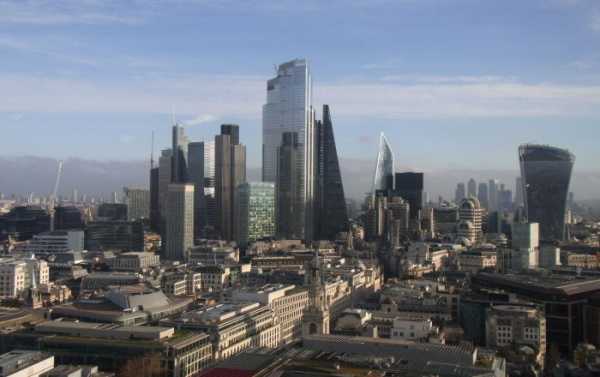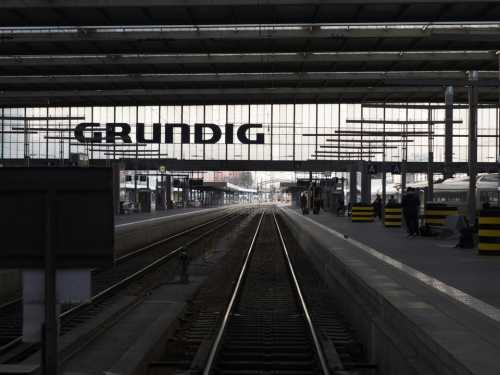
Recent data shows high street stores have experienced their lowest retail sales since records began in 1995, even with the boost in online shopping, and by some estimates one third of the population are either furloughed or out of work.
Newly released figures showing that one in ten UK-based small and medium-sized enterprises (SMEs) have closed down could be “just the start” of what’s to come, according to City economist Michael Roberts. Industry experts say a key driver of these closures is the difficulty many businesses are having in accessing funds in order to stay open during what has been dubbed “The Great Lockdown” as states seek to suppress the flow of the coronavirus disease 2019 (COVID-19).
UK high street stores are also experiencing the lowest drop in retail sales since records began in 1995, according to data published today by the British Retail Consortium and consultancy firm KPMG. These figures re-enforce Roberts’ concerns that we may only be seeing just the beginning of what’s to come if there are no further changes in state policy.
According to the ACCA and CFN joint report, which they released on 15 April, “a third of businesses will probably not be able to access the cash they need to last more than two weeks of lockdown”.
The accountancy firms expect this to increase to 38% of firms not being able to access the cash they need to remain in existence, if the lockdown continues for a further four weeks, which is a 16% increase from two weeks prior.
They define SMEs as firms with 250 or fewer employees and which account for, “99% of the private sector employment in the UK”.
Both the ACCA and the CFN – the former of which has over 160,000 members and the latter of which is a collection of accountants and advisers serving smaller businesses across the UK – have been publishing weekly updates regarding the state of SME’s.
Roberts, who has worked as an economist with investment research firms in the City of London for over 30 years, says that the data from ACCA and CFN tells him four things:
· First, the lockdown and closures are going too fast for the government to respond with a safety net.
· Second, many small companies were on the edge before the pandemic hit and COVID was just the straw that broke the camel’s back for many smaller firms.
· Third, the government plan does not cover comprehensively; so many are falling like sand through a sieve.
· Fourth, banks are far too slow, still demanding tight conditions and collateral like people’s homes before implementing the government scheme.
UK Finance, which represents the banking sector, say that they are working as fast as they can to approve loans. This amounts to over £1.1 billion loaned to 6,000 SMEs under the UK’s emergency loans scheme, whereby the government covers 80% of loans up to £5 million to businesses with turnover under £45 million. But organisations like the ACCA and CFN characterise this as too little too late, especially since the Treasury is guaranteeing the majority of the loans.
Lenders say 28,460 loan applications are currently being processed, which UK Finance expects to be approved over the coming days, but that’s still well below the 300,000 enquiries their lenders reportedly received last week.
SME’s and their representatives complain that the process to access government-backed loans has been too complex, with reports that only 10% of loan applications are getting approval.
UK Finance Minister Rishi Sunak responded to criticism that not enough SMEs were accessing government-backed loans by removing the requirement for businesses to have a commercial loan rejected before they could take advantage of the emergency scheme. He also instructed lenders not to force business directors to give their personal assets as collateral in exchange for loans. But that doesn’t appear to have solved the issue of complexity and difficulty that smaller firms are having in obtaining the funds they need to stay open.
Roberts wrote two books examining the causes of the last financial crash in 2008/9 and the economic crises which followed. “[T]here are still millions falling through the supposed safety net”, he warned. “A basic income paid directly by [the Department of Work and Pension] or [HMRC] would have been simple and direct”, he explained, adding that the, “same direct payment to small businesses would have made better sense than using the banking system as an intermediary”.
He also suggested that the government may need to take bold and radical action in order to avoid the worst of the impacts of the COVID-19 lockdown. “[A]fter the lockdown is over the way to get things going fast is through public investment organised through direct control of the banks and large industrial and service employers”, he said. “Of course”, he concluded, “no such thing will happen”.
Sourse: sputniknews.com






